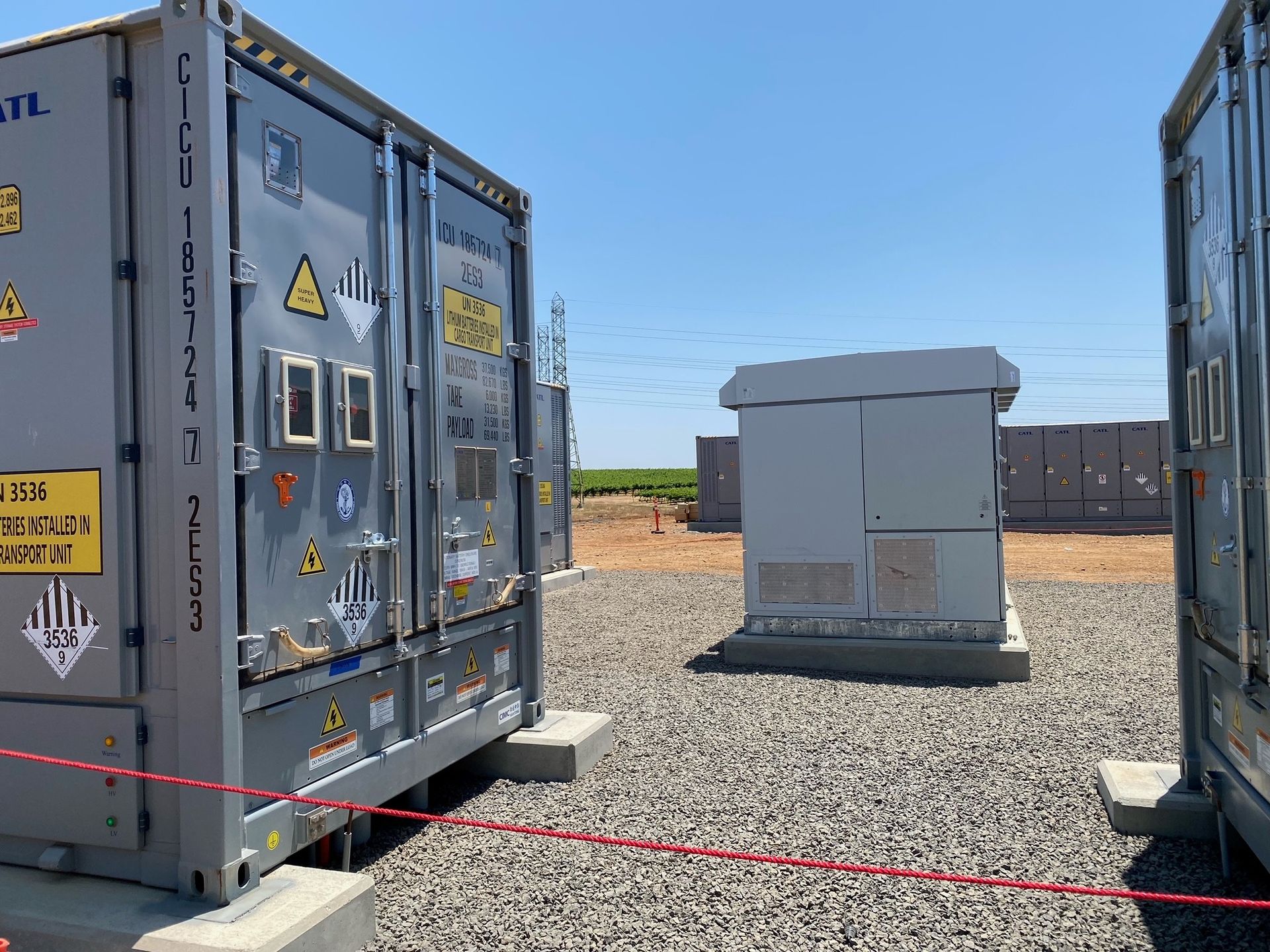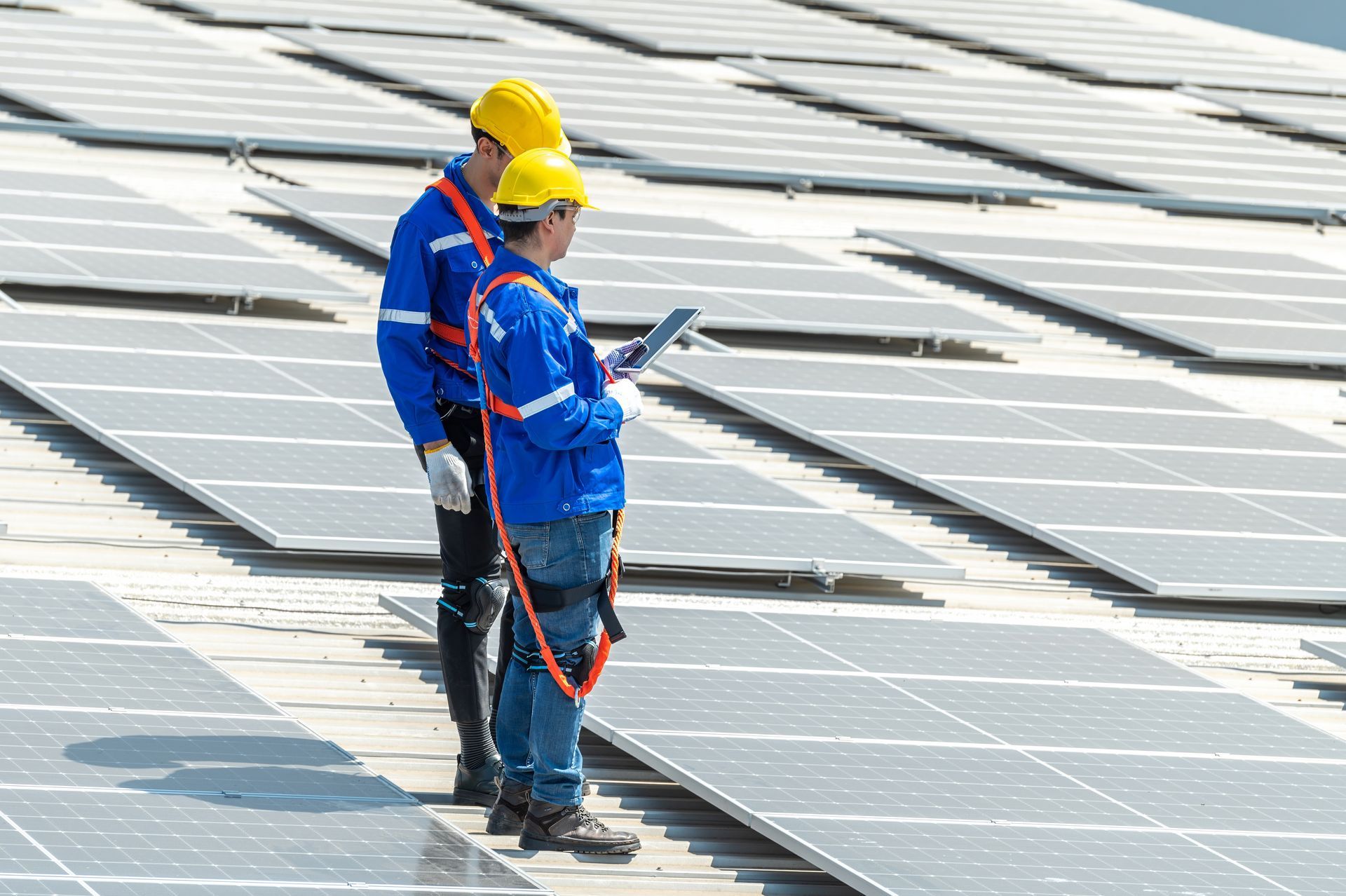
In a recent update, the Federal Energy Regulatory Commission (FERC) has mandated the North American Electric Reliability Corporation (NERC) to develop new standards for addressing issues associated with Inverter-Based Resources (IBR). This change primarily focuses on Generator Owners (GO) and Generator Operators (GOP), and on ensuring the reliability and stability of the grid.
Applicability:
The new standards will require Generation Facilities that produce more than 20 MW and interconnect at 60 kV or greater to register as GO-IBR. Additionally, GOPs operating GO-IBR facilities through a control center or a Remote Operating Center (ROC) will need to register as GOP-IBR.
FERC's directive outlines four key areas of focus, including performance requirements, data sharing, model validation, and planning and operational studies. These changes will influence how IBRs collect and share data during system disturbances, affect the interconnection process, and enhance model validation activities. These modifications are expected to be rolled out by specific deadlines, with the aim of bolstering grid stability.
Next Steps:
To stay ahead of the curve and align with FERC's directives, GridSME encourages that owners and operators of GO-IBR sites plan and budget ahead of time. As these changes unfold, GridSME is committed to keeping a close eye on FERC and NERC developments to ensure that our clients are well-prepared for the evolving regulatory landscape if you have any questions please feel free to reach out to our team at bdgroup@gridsme.com or call at (916) 800-4545.



